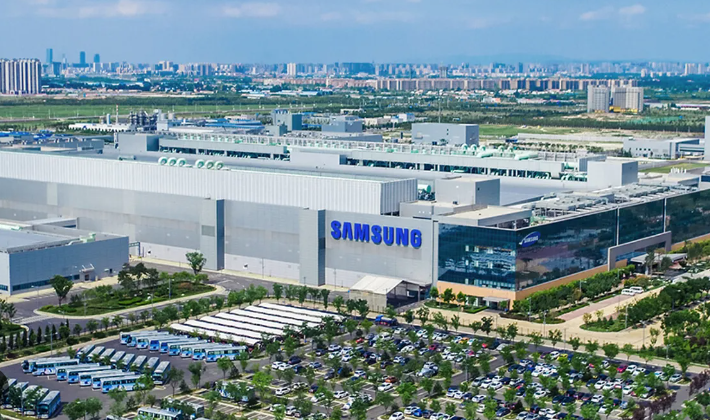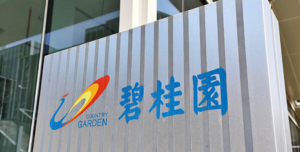The United States has chosen to streamline the export process for its semiconductor manufacturing equipment to Samsung Electronics and SK hynix facilities in China, eliminating the need for a separate approval procedure, as announced by the presidential office on Monday. This development comes as a much-needed relief for the Korean chip manufacturers.
The U.S. government has granted the designation of “verified end users (VEU)” to Samsung Electronics and SK hynix’s chip factories in China. This designation reduces the licensing requirements, allowing U.S. exporters to directly ship designated items to these preapproved entities.
Choi Sang-mok, senior presidential secretary for economic affairs, stated during a briefing, “The U.S. government’s decision signifies the resolution of the most significant trade issue for our semiconductor companies.”
The U.S. government has already communicated this decision to the two South Korean companies, and it goes into effect immediately, according to Choi.
Last October, the U.S. had introduced a set of rules restricting exports of specific advanced semiconductor manufacturing equipment and items to Chinese companies, ostensibly aimed at slowing down Beijing’s technological advancements in this critical sector.
Samsung Electronics and SK hynix were granted a one-year waiver at that time due to concerns about potential disruptions to their operations in China. However, this latest decision provides clarity and stability for their chip production in China, which relies, in part, on U.S. equipment.
Samsung, the world’s leading memory chip manufacturer, operates a chip manufacturing plant in the Chinese city of Xian, responsible for around 40 percent of its global NAND flash production. Additionally, the company has a semiconductor packaging facility in Suzhou.
SK hynix, a smaller competitor, currently runs multiple plants in China, including one in the eastern city of Wuxi, where approximately half of its global DRAM chips are manufactured.
(Source: Yonhap News Agency)









